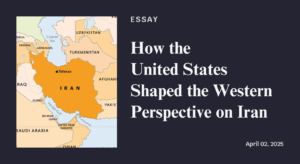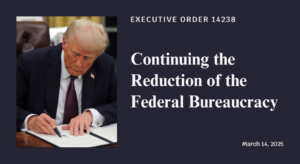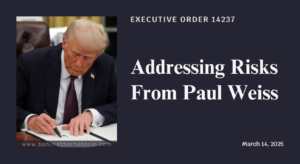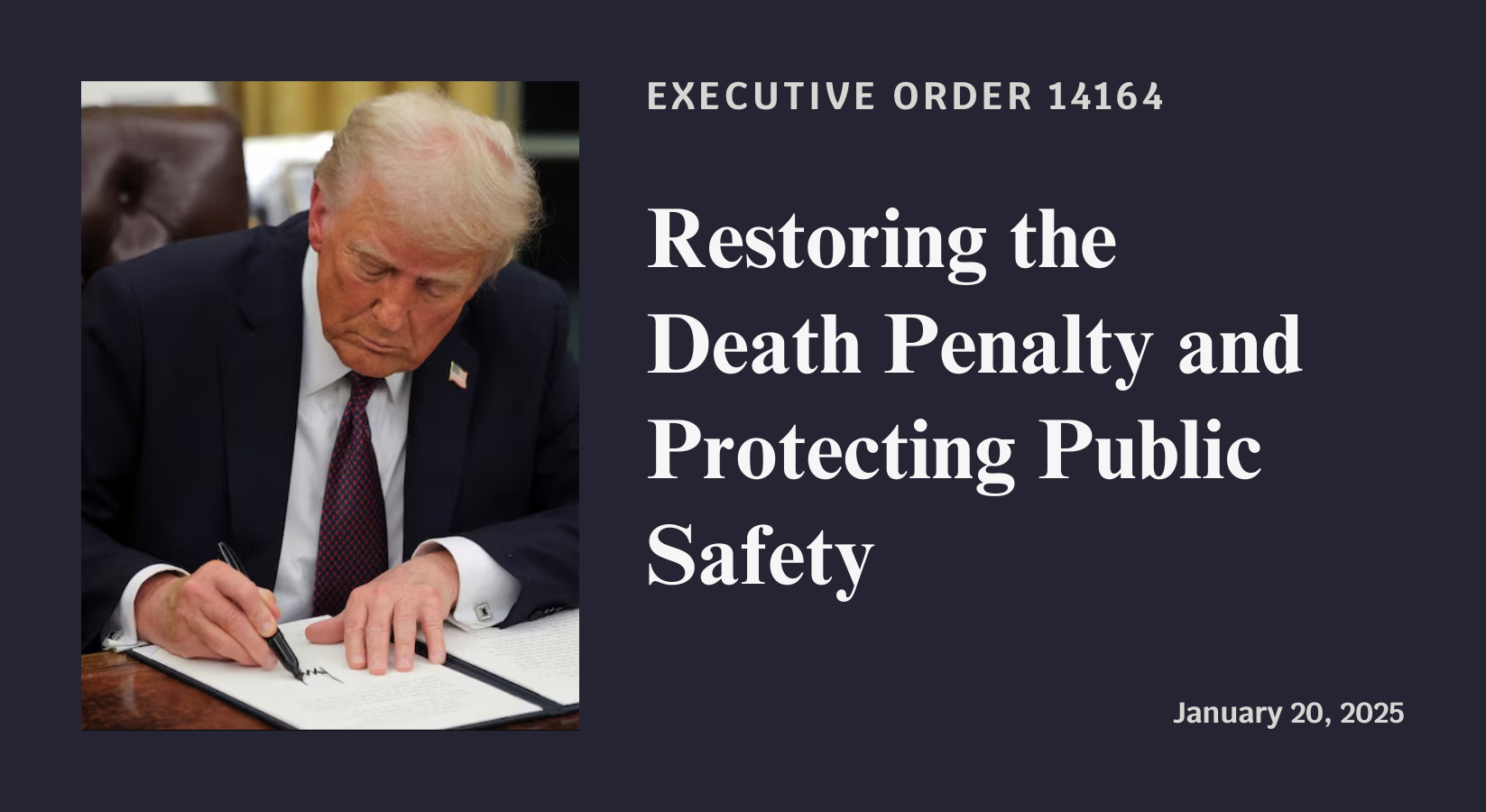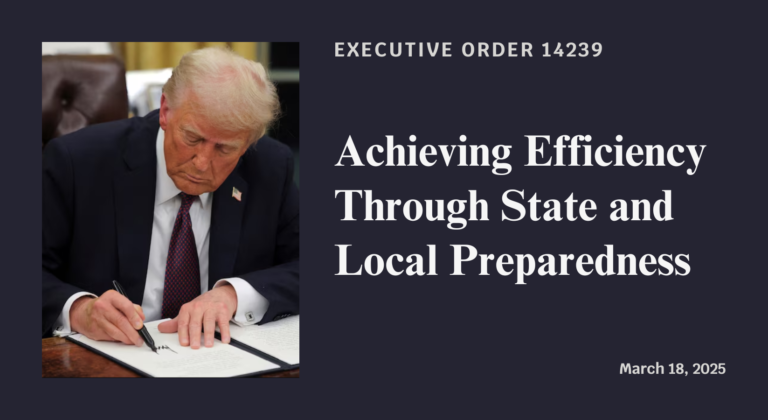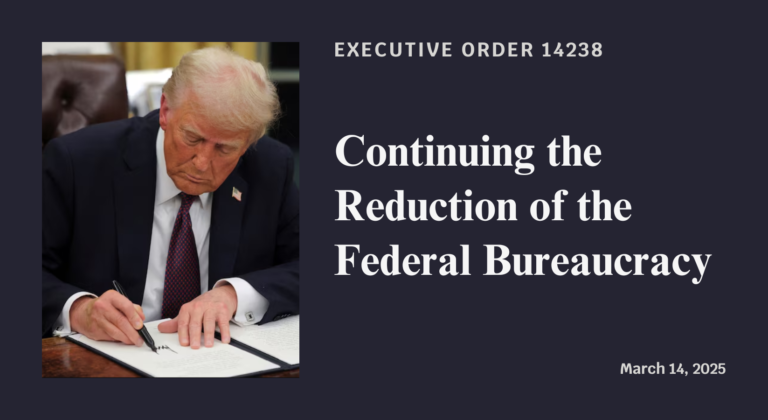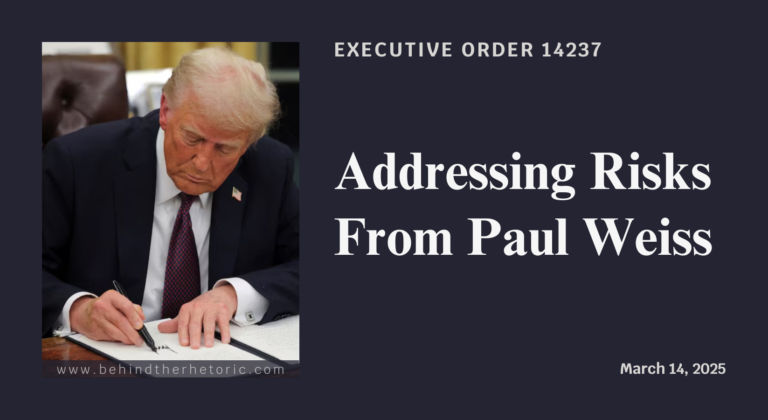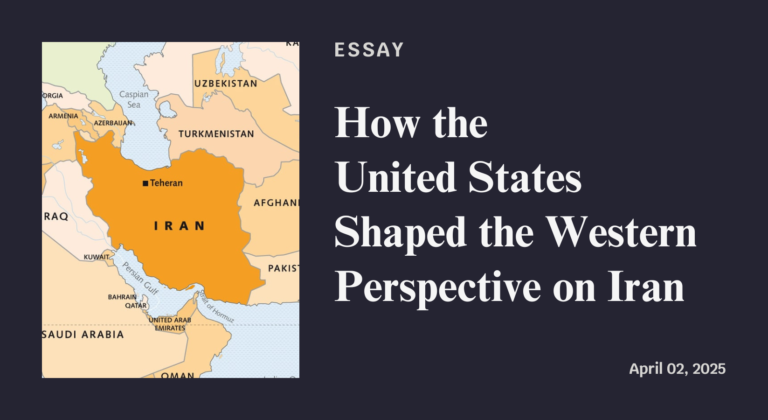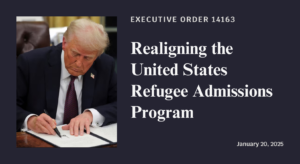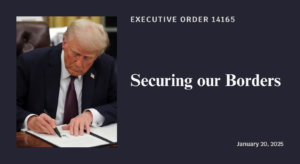Executive Order 14164
Restoring the Death Penalty and Protecting Public Safety
Signed on January 20, 2025
On January 20, 2025, President Trump signed Executive Order 14164, which reinstates the federal death penalty and mandates its aggressive use. It directs the Attorney General to seek capital punishment in all applicable cases, prioritizes executions for certain categories of crimes, and encourages states to pursue capital charges more frequently. The order also seeks to circumvent judicial opposition to the death penalty, challenges Supreme Court precedents that limit its application, and takes measures to ensure access to lethal injection drugs. Additionally, it targets individuals whose federal death sentences were commuted by the previous administration, seeking to have them re-incarcerated under harsher conditions or re-charged at the state level.
🔗 Read the Executive Order on the Federal Register
🔗 Read the White House Announcement
What You Should Know
This order marks a significant expansion of the federal death penalty.
The Trump administration is reintroducing capital punishment at the federal level after it was effectively halted under President Biden. This order mandates the Attorney General to seek the death penalty in all cases where it is legally permissible, regardless of mitigating factors or prosecutorial discretion. Historically, federal executions have been rare, and this order dramatically increases their frequency, making capital punishment a default rather than an exceptional sentence.
The order directly undermines judicial opposition to the death penalty.
The executive order explicitly targets judges who have ruled against the death penalty, accusing them of “subverting” the law. It directs the Attorney General to pursue the reversal of Supreme Court decisions that have restricted capital punishment, setting up a direct challenge to constitutional protections and judicial independence. By seeking to override or eliminate these legal precedents, the administration is pushing for an unchecked expansion of the death penalty.
This order disproportionately targets immigrants and law enforcement cases.
The order requires the Attorney General to seek capital punishment in all cases involving the murder of a law enforcement officer or any capital crime committed by an undocumented immigrant. This policy selectively applies harsher penalties to specific groups, reinforcing anti-immigrant rhetoric and increasing the risk of wrongful convictions due to systemic biases in law enforcement and prosecution.
Federal intervention in state capital cases is being expanded.
In a break from long-standing federalism principles, the order pushes state prosecutors to pursue the death penalty in cases where federal jurisdiction applies. The Attorney General is instructed to encourage state attorneys general to charge capital crimes more aggressively, even when federal cases do not result in death sentences. This move pressures states to expand their use of the death penalty, even in jurisdictions that have moved away from it due to ethical, legal, or practical concerns.
The order seeks to resume federal executions by ensuring access to lethal injection drugs.
A major factor in the decline of the death penalty has been the difficulty in obtaining execution drugs due to pharmaceutical companies’ refusals to supply them. This order instructs the Attorney General to take “all necessary and lawful action” to secure a sufficient supply of these drugs, overriding ethical objections from the medical community and pharmaceutical industry. It also paves the way for alternative execution methods if lethal injection remains inaccessible.
It singles out 37 individuals whose death sentences were commuted.
In a highly unusual move, the order specifically targets 37 individuals whose federal death sentences were commuted by President Biden. The Attorney General is directed to evaluate whether these individuals can be re-charged with state capital crimes and ensure they face harsher imprisonment conditions. This action raises serious constitutional concerns, as double jeopardy protections generally prevent individuals from being re-tried for the same crimes.
Capital punishment does not deter crime and is fraught with wrongful convictions.
The order claims that the death penalty is an “essential deterrent,” yet decades of research contradict this assertion. Studies consistently show no evidence that capital punishment reduces violent crime. Instead, it disproportionately affects marginalized communities, and wrongful convictions remain a serious issue. Over 190 people have been exonerated from death row in the U.S., highlighting the inherent flaws in the system.
Who Wins?
The private prison industry and companies involved in execution drug production.
The death penalty is expensive, and this order increases government contracts with companies supplying execution drugs, as well as private prisons that house death row inmates. The financial incentives behind this order prioritize corporate interests over fair and ethical justice policies.
Politicians and interest groups advocating for “law and order” policies.
This order appeals to those who support a tough-on-crime agenda, regardless of evidence showing that the death penalty is ineffective in reducing crime. It strengthens Trump’s base, particularly among voters who equate capital punishment with justice, even though the reality is far more complicated.
Prosecutors seeking political gain from death penalty cases.
Seeking the death penalty is often a career-boosting move for prosecutors, as it portrays them as tough on crime. This order pressures state and federal prosecutors to pursue capital charges more aggressively, even in cases where alternative sentencing may be more appropriate.
Who Loses?
Wrongfully convicted individuals and marginalized communities.
The death penalty disproportionately affects people of color, low-income defendants, and those with inadequate legal representation. The risk of executing innocent people is heightened under this policy, as the pressure to secure capital sentences increases prosecutorial misconduct and rushed convictions.
States that have abolished or restricted the death penalty.
This order attempts to override states’ rights by encouraging state prosecutors to bring capital charges, even in jurisdictions where the death penalty is being phased out. It undermines the autonomy of states that have chosen to eliminate executions based on ethical, economic, or legal concerns.
The credibility of the justice system.
The order frames the death penalty as a tool for justice, but in reality, it is a deeply flawed and controversial practice. The U.S. has faced international criticism for its use of capital punishment, and this order will further isolate the country from global human rights standards.
The families of victims.
Contrary to the belief that the death penalty provides closure, many victims’ families oppose capital punishment, as lengthy appeals processes prolong emotional trauma. Studies have shown that life sentences without parole often provide a more conclusive resolution for victims’ families.
Executive Order 14164 represents a dramatic reversal of recent moves away from capital punishment and raises serious concerns about due process, judicial independence, and the risk of wrongful executions. While framed as a policy to “protect public safety,” the order ignores the overwhelming evidence that the death penalty does not deter crime and is disproportionately applied to marginalized groups. Instead, it prioritizes political rhetoric over justice, reinforcing an ineffective and costly system. By seeking to circumvent judicial limits and reintroduce aggressive federal executions, this order undermines legal safeguards that have evolved to prevent wrongful convictions and ensure fair trials.
Take Action
Stay informed and challenge the myths surrounding capital punishment.
The claim that the death penalty deters crime is not supported by evidence. Research and share factual information about wrongful convictions, racial disparities, and the financial burden of executions.
Support organizations fighting against the death penalty.
Groups such as the Equal Justice Initiative and the Death Penalty Information Center work to expose wrongful convictions and advocate for fair sentencing laws. Supporting their efforts helps protect vulnerable individuals from unjust execution.
Contact lawmakers and advocate for state-level abolition.
While federal executions are being reinstated, state laws can still be changed. Contact your representatives and push for legislative action to abolish or limit the use of the death penalty.
Demand judicial independence and protections against prosecutorial overreach.
Efforts to undermine judicial opposition to the death penalty set a dangerous precedent. Advocate for policies that uphold fair sentencing practices and ensure due process.
Capital punishment is not a solution to crime—it is a deeply flawed and outdated practice that increases the risk of executing innocent individuals. Stay informed, challenge misinformation, and advocate for justice that prioritizes fairness and accuracy over political gain.
